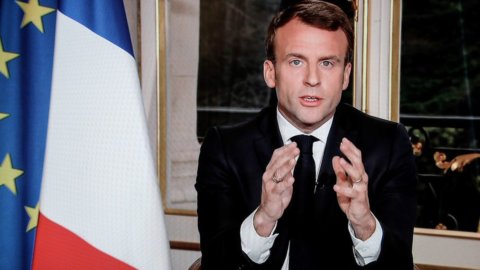“In 2013 – said EU Commissioner Olli Rehn – Latvia should be the European country with the highest growth rate”. It is with this important credential that, three years after neighboring Estonia, Riga is preparing, on 1 January 2014, to become the 18th country of the Eurozone, or the 18th to adopt the single currency.
The decision will still have to be ratified by the vote of the member states, but in the meantime the green light has arrived from Brussels: “Latvia – commented Rehn – has a mature economy and is the virtuous example of how one can emerge strengthened from a period of very heavy austerity”.
Yes, because the Baltic country (which will therefore be the second to adopt the euro, awaiting Lithuania in 2015) was severely hit by the 2008 financial crisis, which caused the GDP to fall by 22% in two years, forcing taxpayers a recovery regime equivalent to 17% of the same GDP. But the austerity measures, accompanied by drastic structural reforms and in particular by support for exports, have produced extraordinary results: the economy rapidly returned to growth (over 5% in both 2011 and 2012) and unemployment halved from a dramatic 20% to the current 10%.
The feedback on the deficit, which went from 8,1% in 2010 to the current 1,2% in relation to GDP, therefore well below the tolerance threshold established by the EU. Just as the public debt (40,7% in 2012) and inflation remain below the attention threshold, which in the last 12 months has traveled at an average rate of 1,3%, well below the reference value of the 2,7%.
However, all that glitters is not gold to launch some alarm bells is the ECB, which has indeed given the go-ahead for Latvia in the euro, however underlining the strong "inflationary risks due to the great volatility recorded in the last ten years", as well as warning about the rampant phenomenon of foreign accounts deposited in local banks, which according to Frankfurt could entail "serious risks for financial stability".
Moreover, the prime minister of the Baltic country, Valdis Dombrovskis, has always said he was aware of this, who however, citing the Estonian model, which has been successfully in the single currency since 2011, has convinced that in and around Riga they have “more to gain than to lose”.





